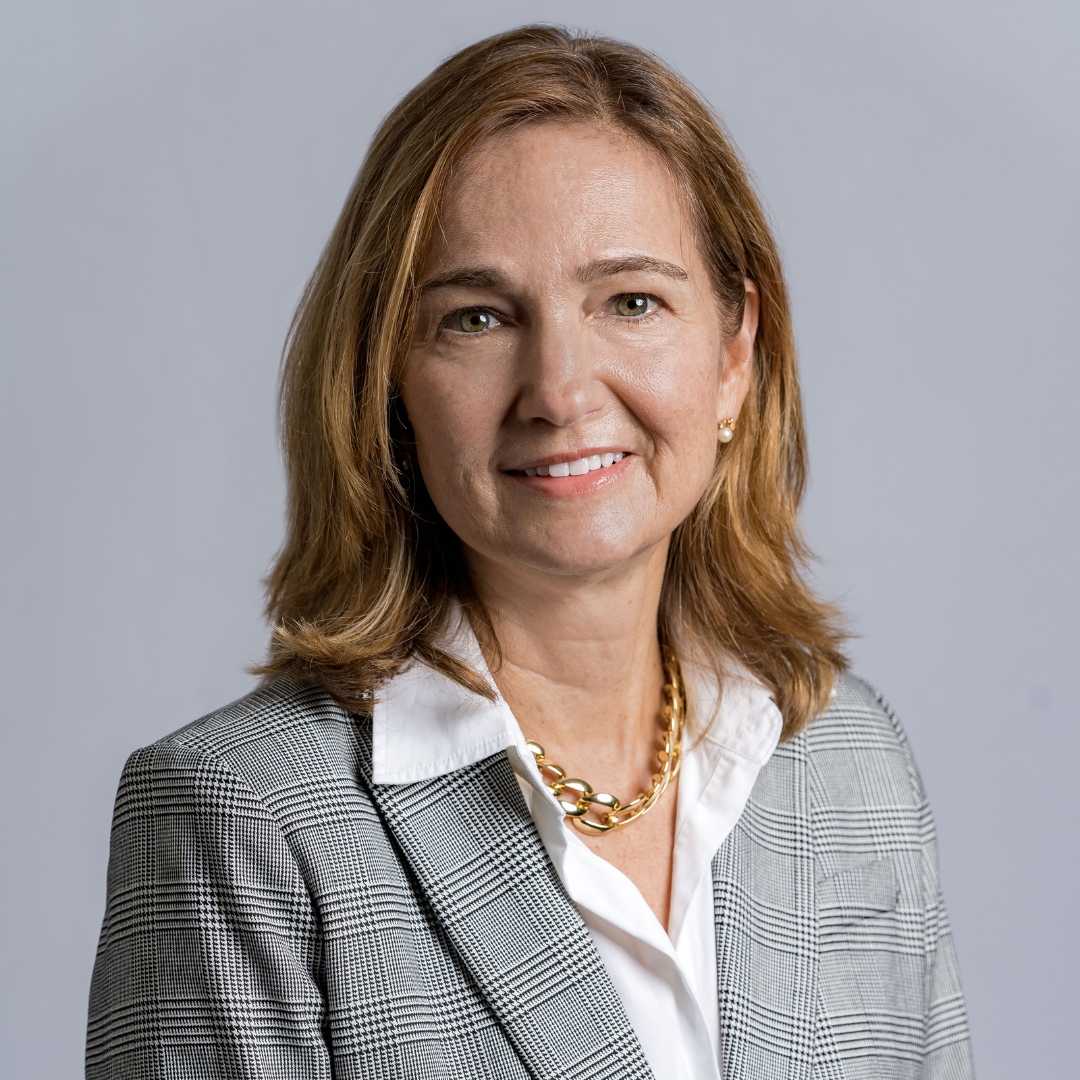This afternoon, First Focus on Children hosted a webinar on 988 Suicide and Crisis Lifeline entitled One Size Does Not Fit All: Ensuring 988 and mobile crisis response are designed to serve children.
Below are some of the top takeaways from our conversation about what effective 988 and crisis response systems look like for children:
- The act of a parent or other adult picking up the phone and calling a public system to ask for help is significant – we must recognize the importance of that act so that we don’t miss opportunities to help children and their families.
- We must intervene at numerous points before an emergency room becomes a default option for care.
- A crisis must be defined by a family and not the person receiving the call.
- Children are not little adults and we cannot take an adult system and apply it to children
- We must center the voice of the child or young person in crisis, and face-to-face intervention is necessary in order to do that.
- It is important to build the confidence of parents in behavioral health systems and ensure they have positive experiences so they are more likely to use the behavioral health resources available to them.
- To better respond to the needs of specific populations, including LGBTQ, Black, and brown children and those in the child welfare system, we must invest in culturally sensitive education and training for those involved at all points of the crisis response system.
- It is vital to keep children in their own homes, communities, and schools and to avoid residential placements.
Links and Resources Referenced in the Session:
- First Focus on Children Issue Brief: The Need to Incorporate Children, Youth, and Adolescents into State 988 Systems
- First Focus on Children Fact Sheet: Mental Health & Kids
- Slide Deck from 988 Suicide and Crisis Lifeline – One Size Does Not Fit All
- Sound the Alarm For Kids Website
Resources from our panelists:
- Resources from the University of Maryland School of Social Work
- Making the Case for a Comprehensive Children’s Crisis Continuum of Care
- Center for Medicaid and CHIP [CMCS] and Substance Abuse and Mental Health Services Administration [SAMHSA] (2013). Joint Informational Bulletin. Coverage of Behavioral Health Services for Children, Youth, and Young Adults with Significant Mental Health Conditions.
- What is New Jersey’s Mobile Response and Stabilization Services intervention?
- Massachusetts Parent/Professional Advocacy League. (2011). Crisis Planning Tools for Families: A Companion Guide for Providers.
- The Institute for Innovation & Implementation at the University of Maryland School of Social Work’s Mobile Response & Stabilization Best Practices
- Evaluation of Connecticut’s Mobile Crisis Intervention Services Impact on Behavioral Health Emergency Department Use and Provider Perspectives on Strengths and Challenges
This conversation was part of a weeklong series of virtual briefings and advocacy to mark the first anniversary since the Children’s Hospital Association, American Academy of Pediatrics, and American Academy of Child and Adolescent Psychiatry declared the kids’ mental health crisis a national emergency and launched the Sound the Alarm for Kids Campaign. The campaign seeks to raise awareness of the national emergency in child and adolescent mental health accelerated by the pandemic. First Focus on Children is a partner in this campaign, which supports policies that promote social and emotional health for children from infancy through adolescence and enhance their access to culturally and developmentally appropriate mental health care when they need it. As partners, we stand together to call for bold action to meet the challenges of this crisis and build a future where all children can receive the mental health support they need to learn, grow, and thrive.

